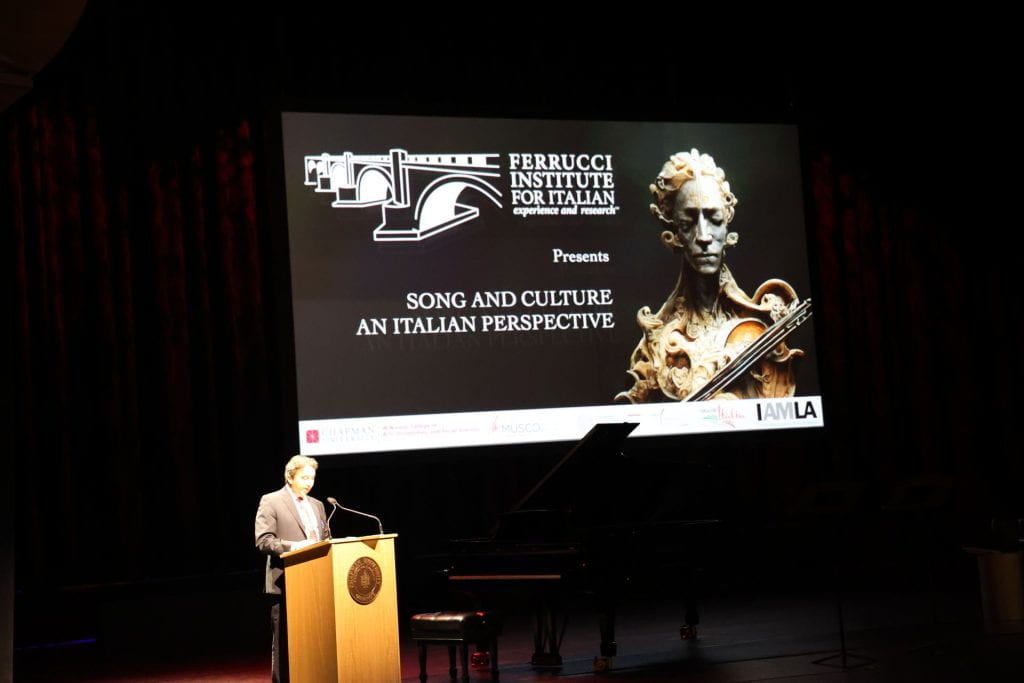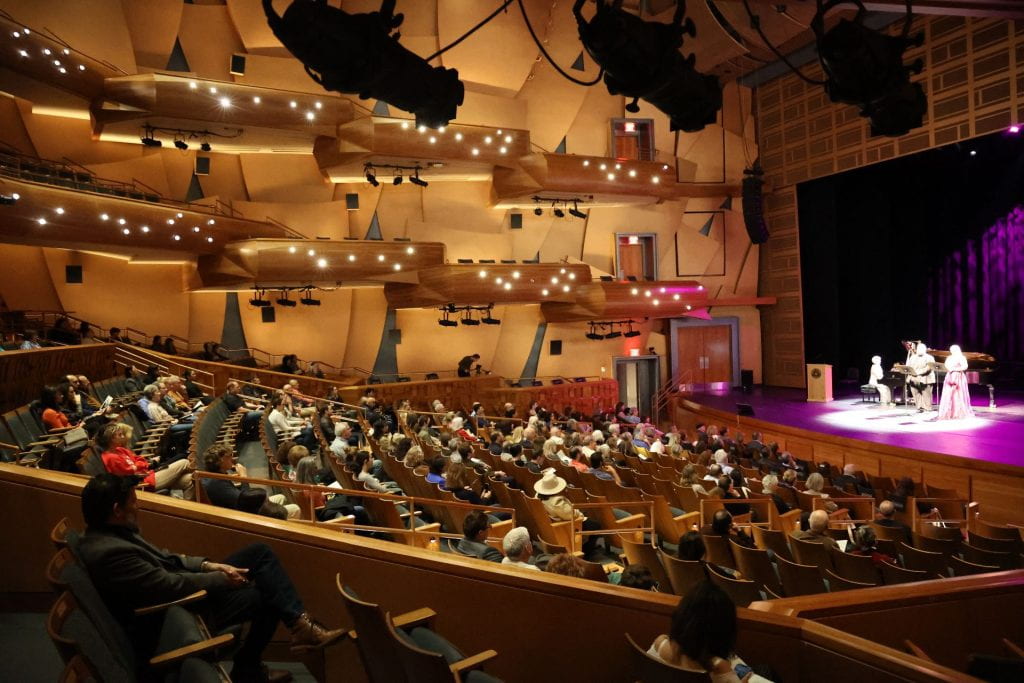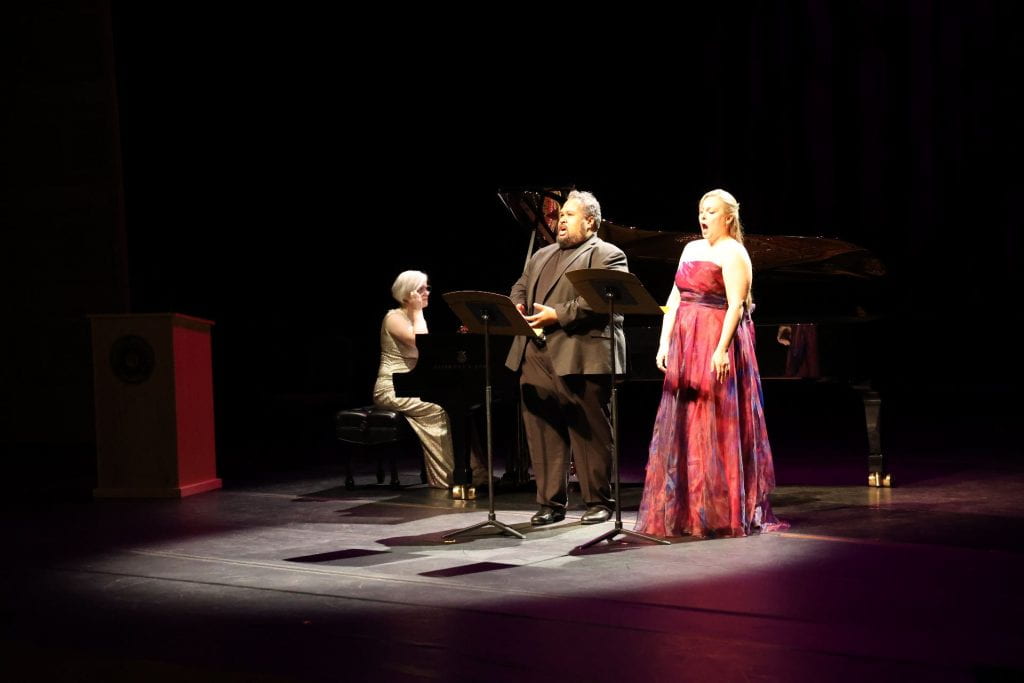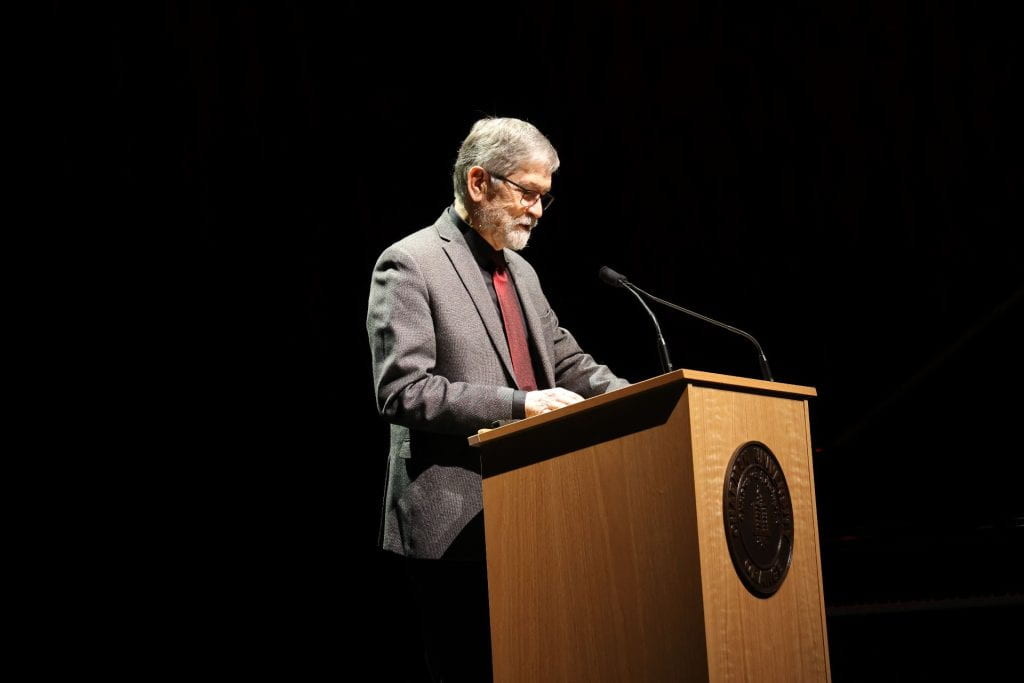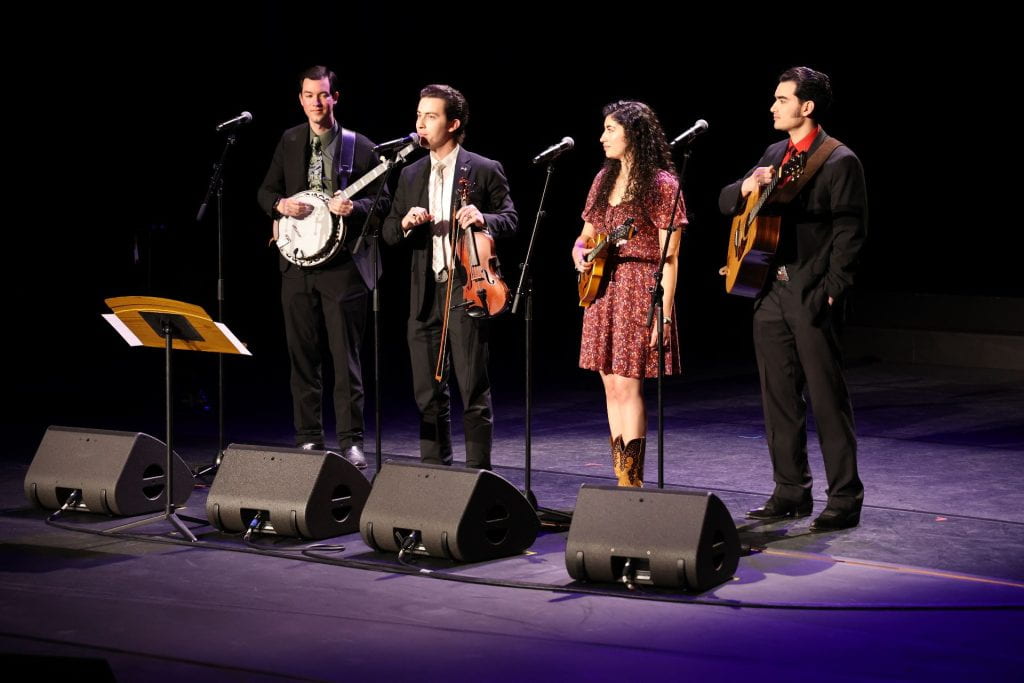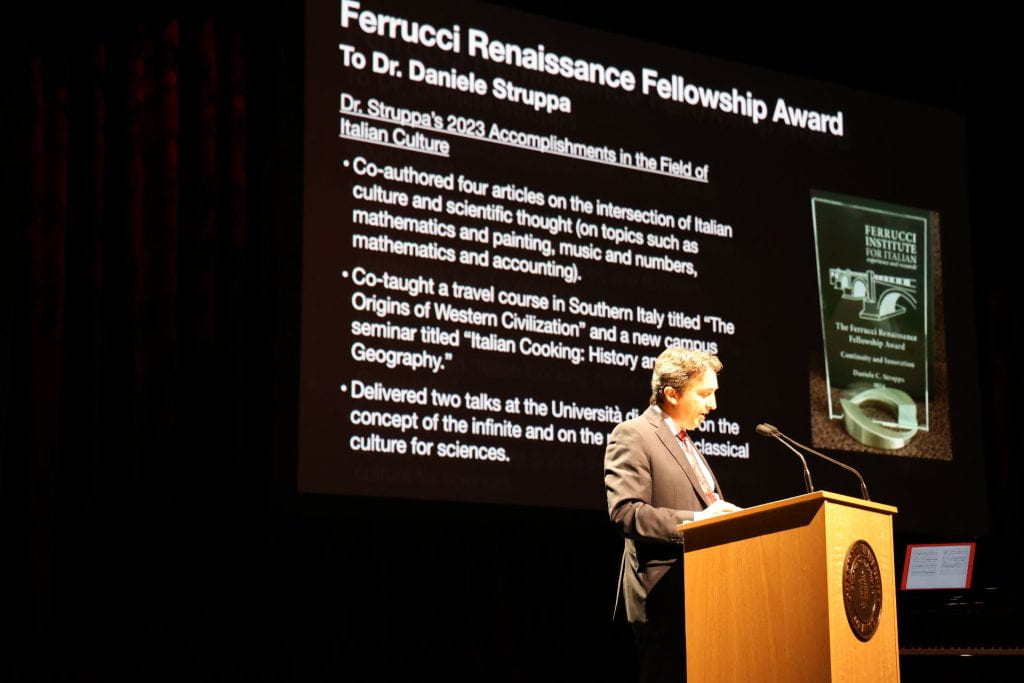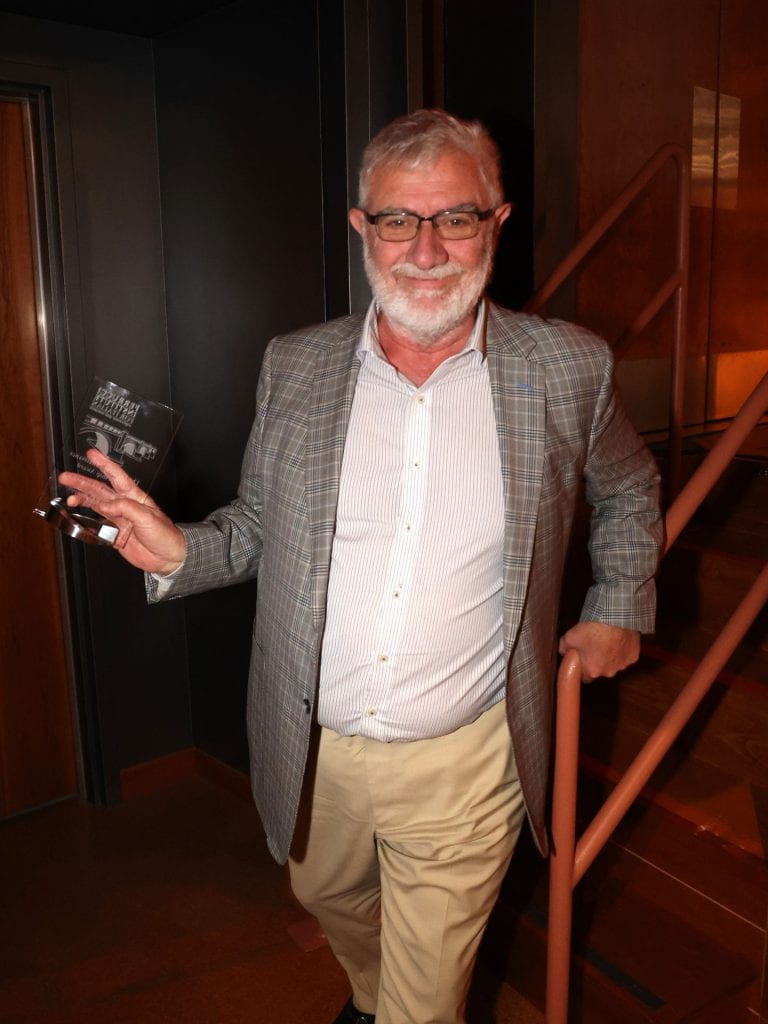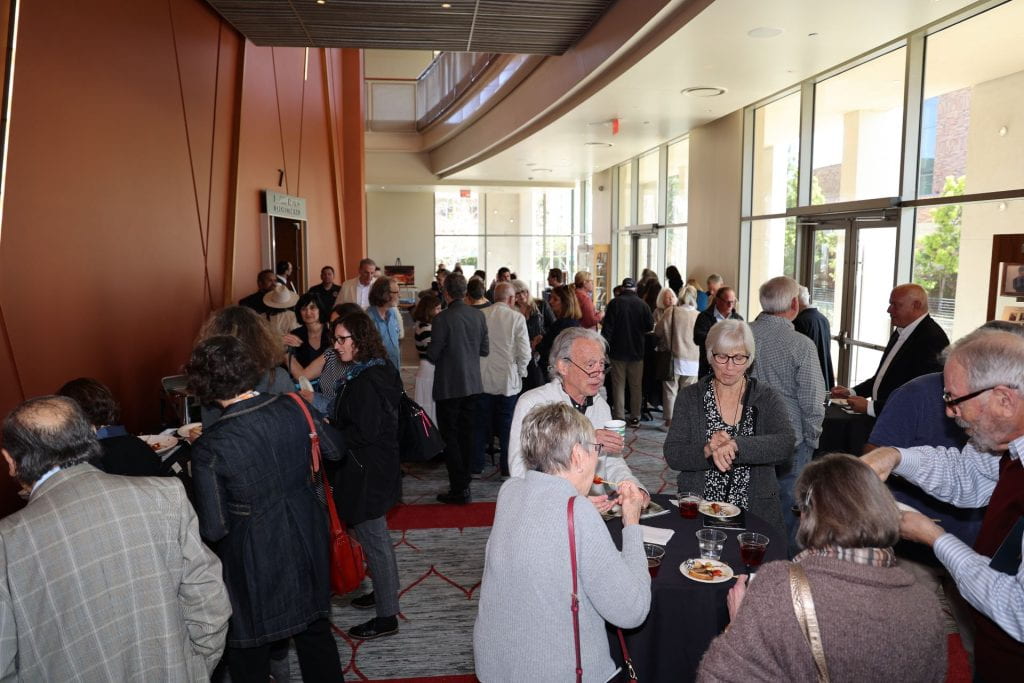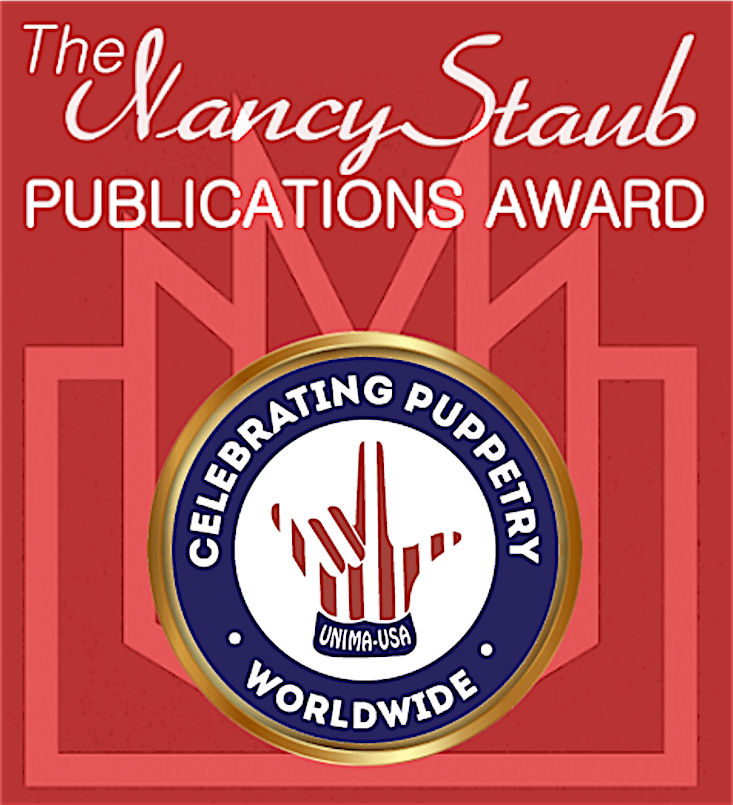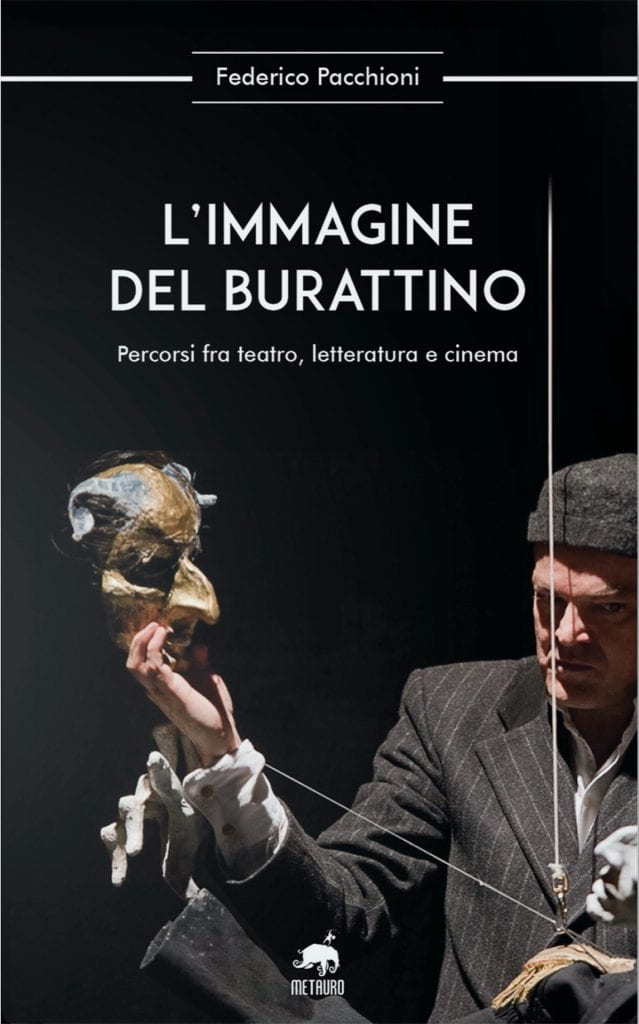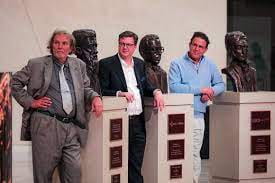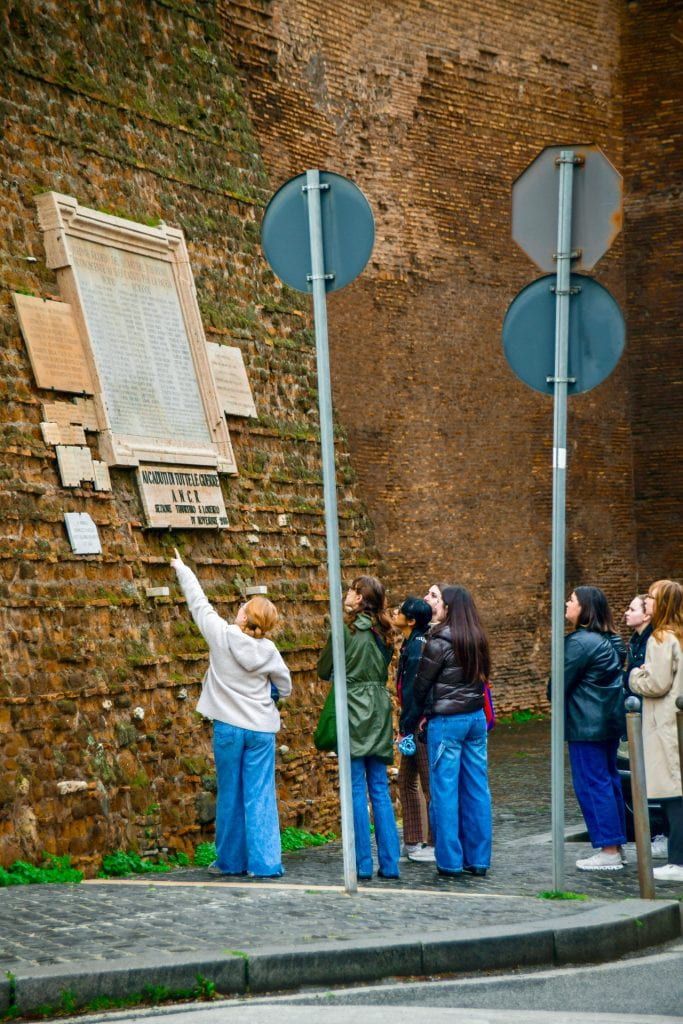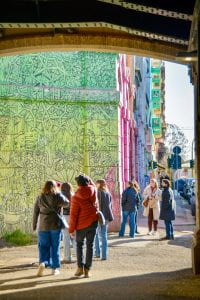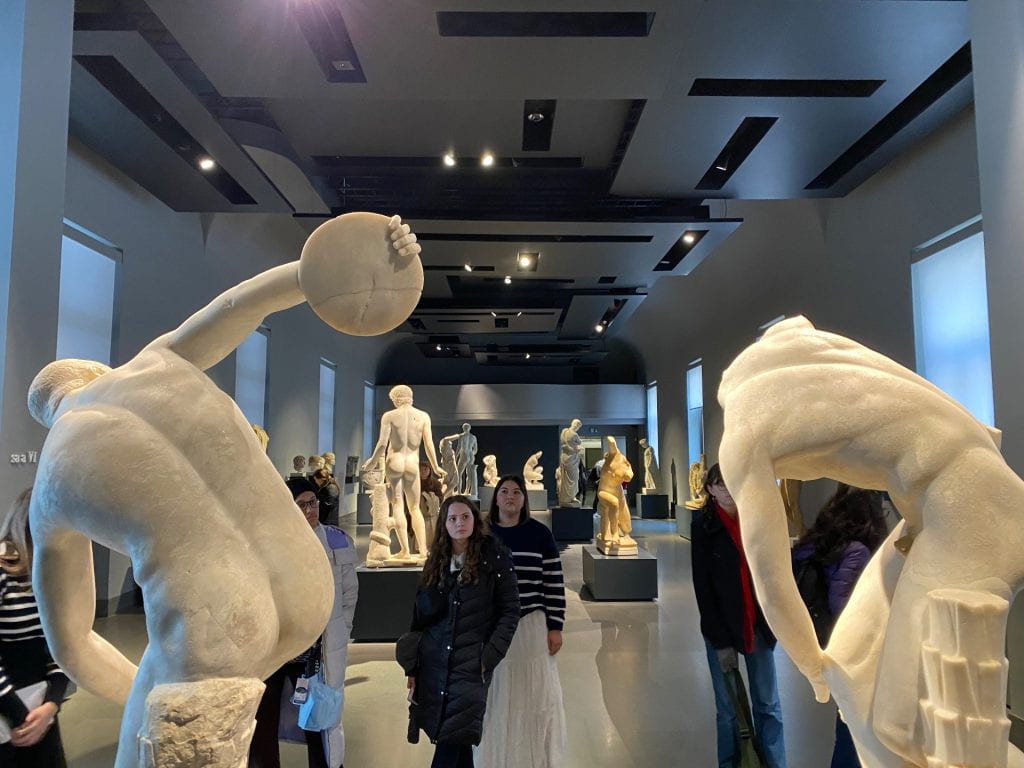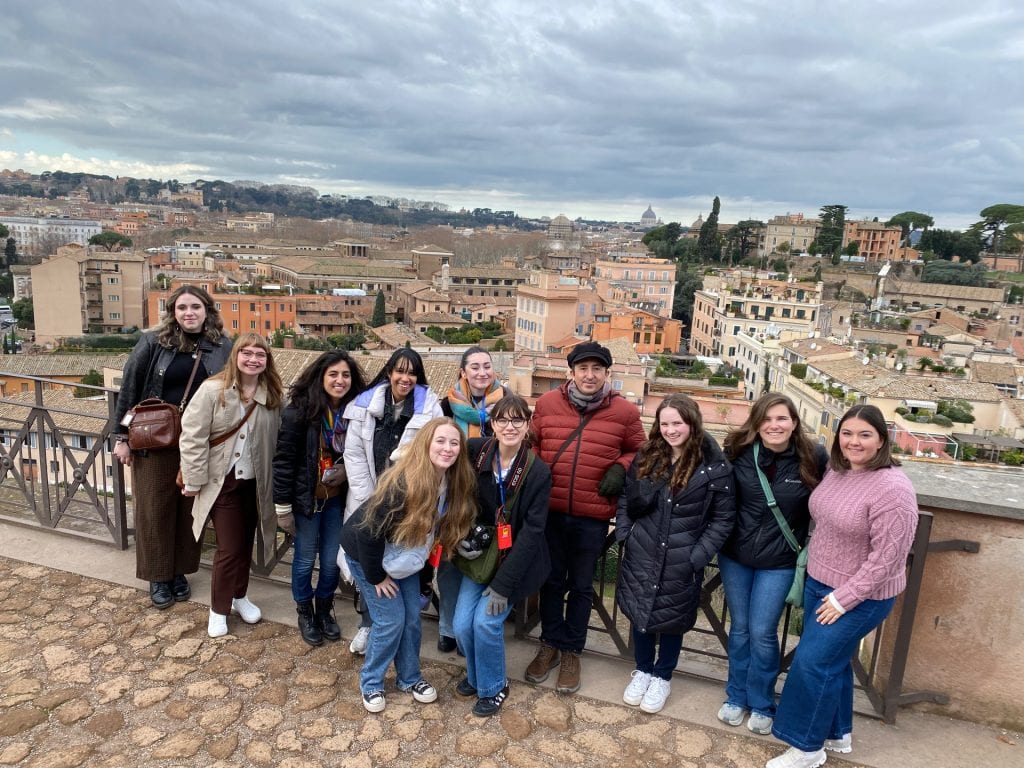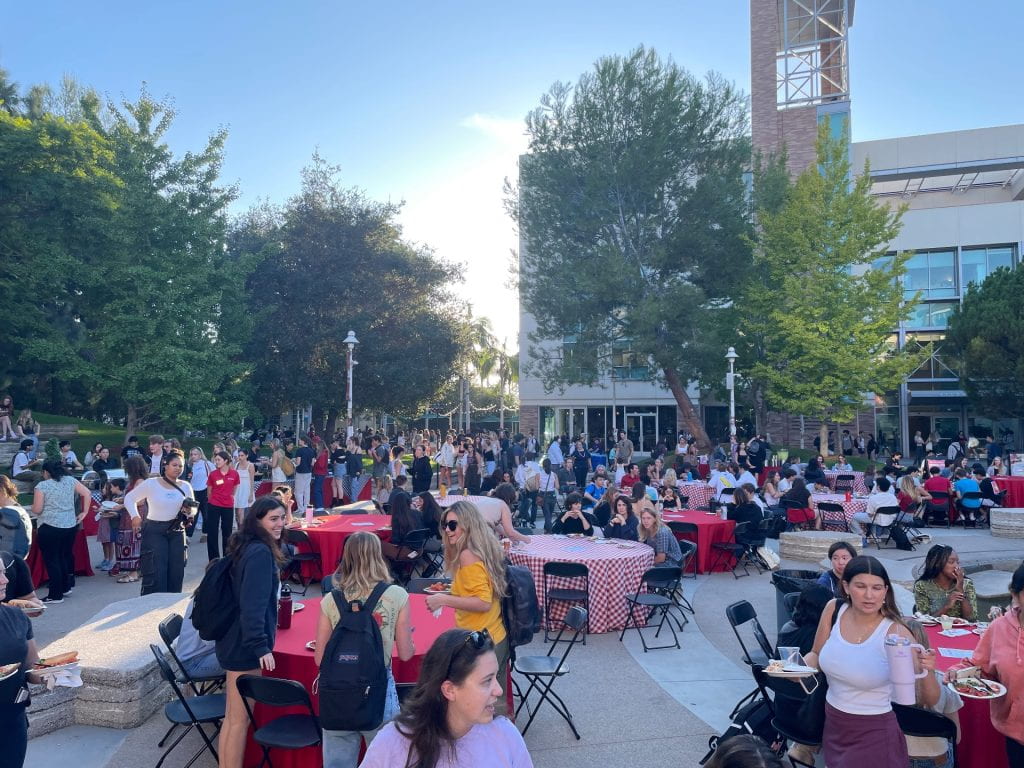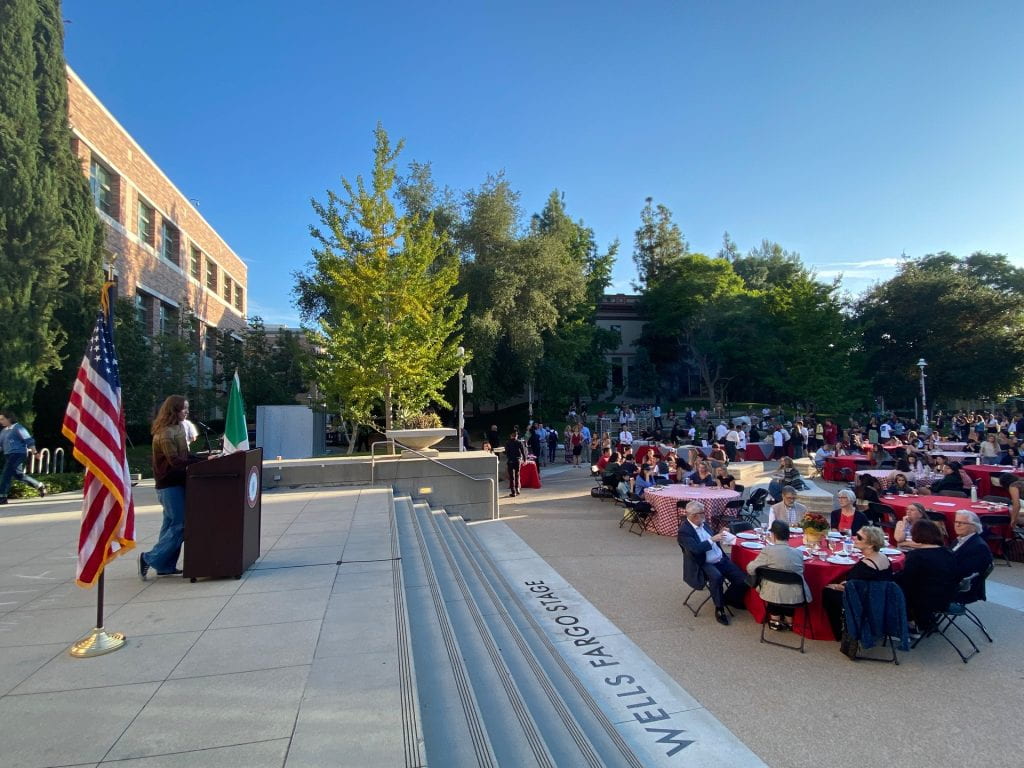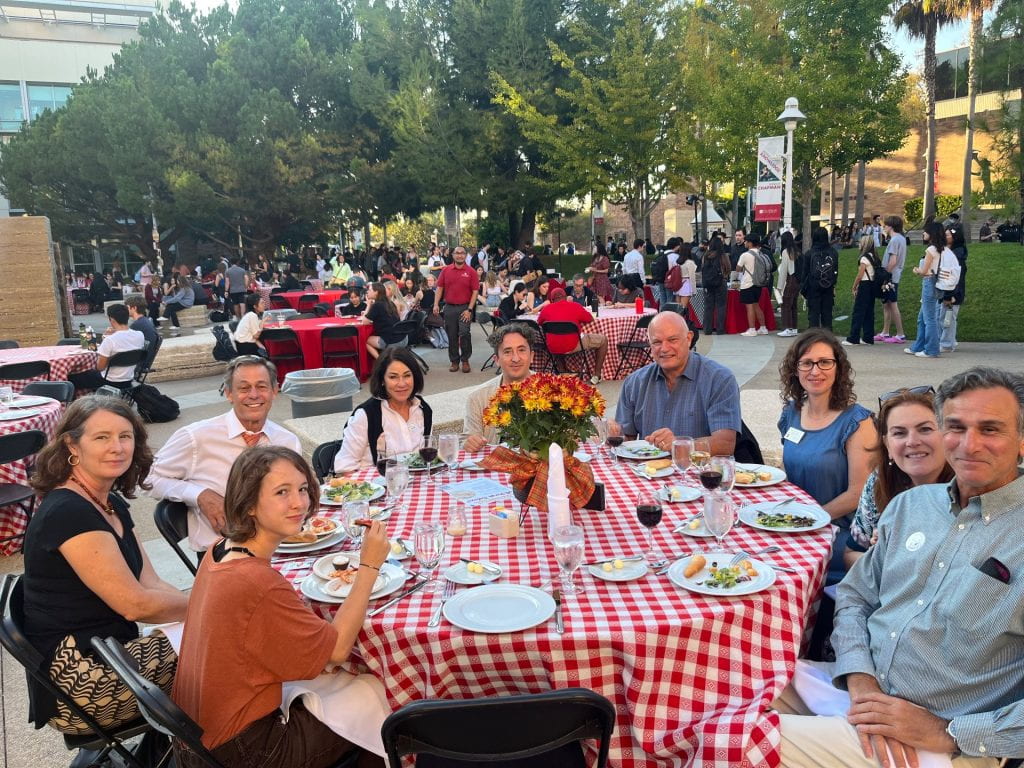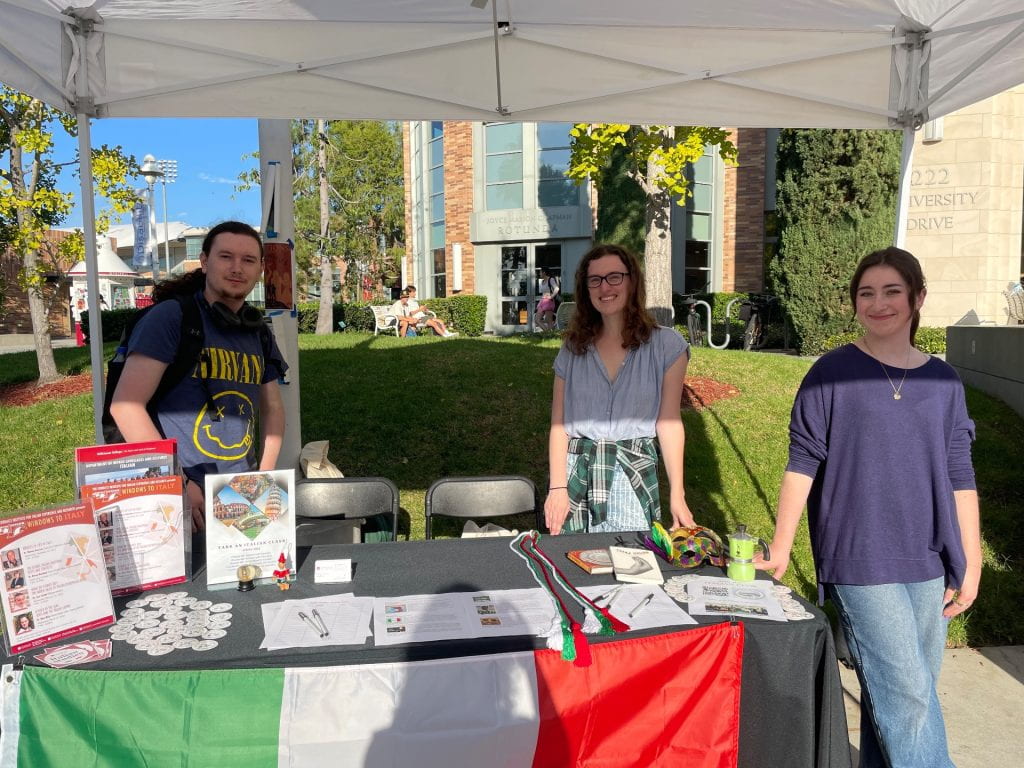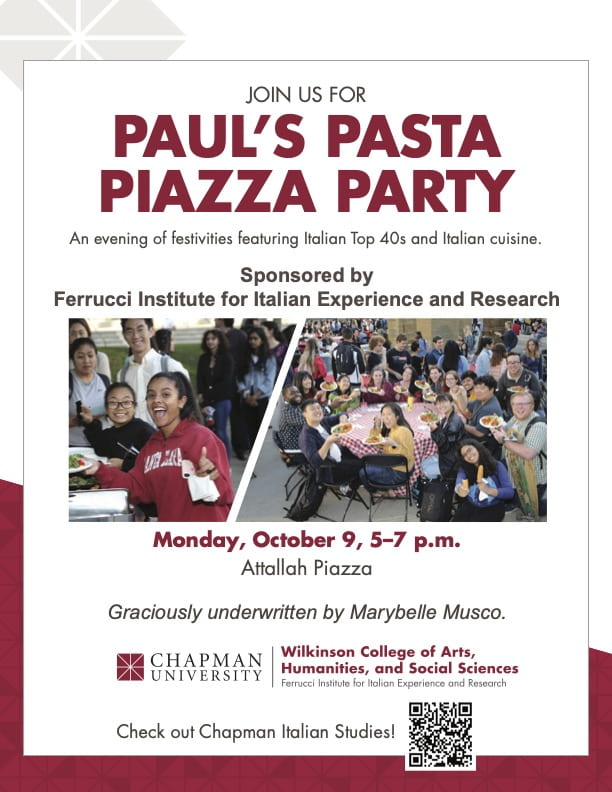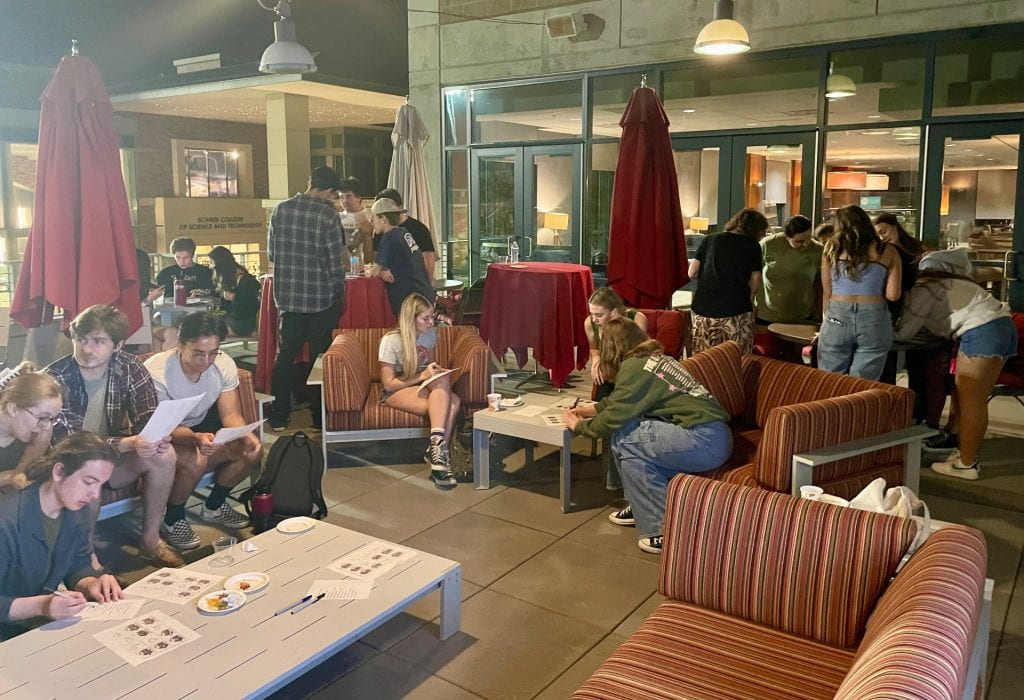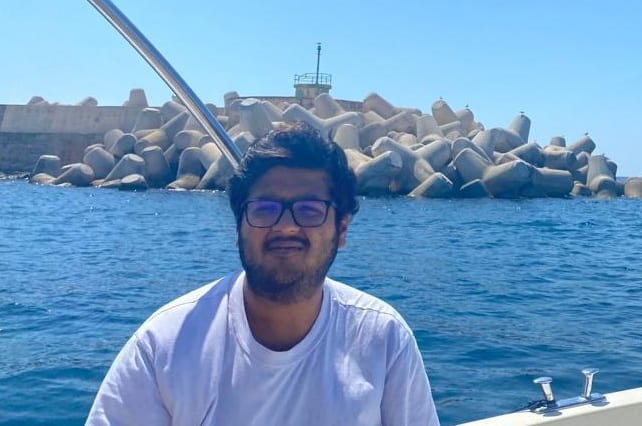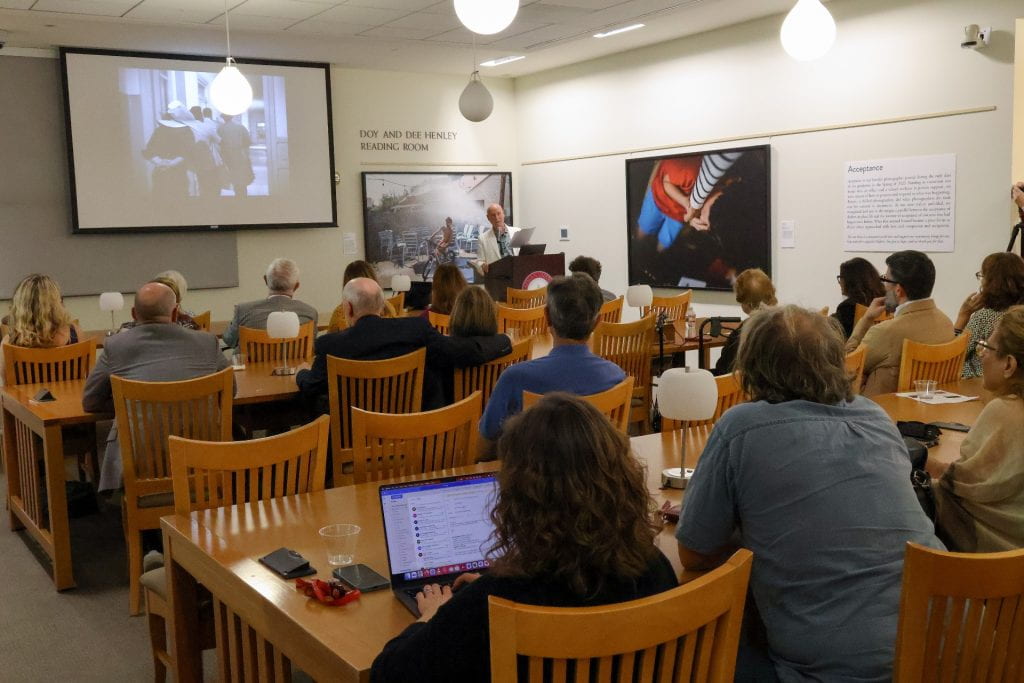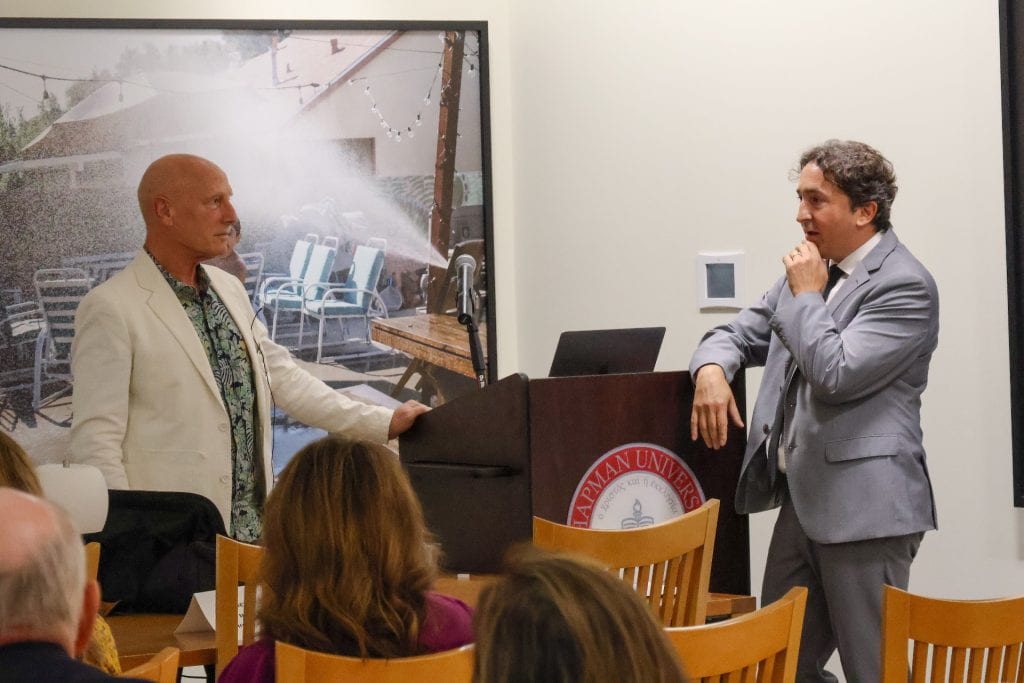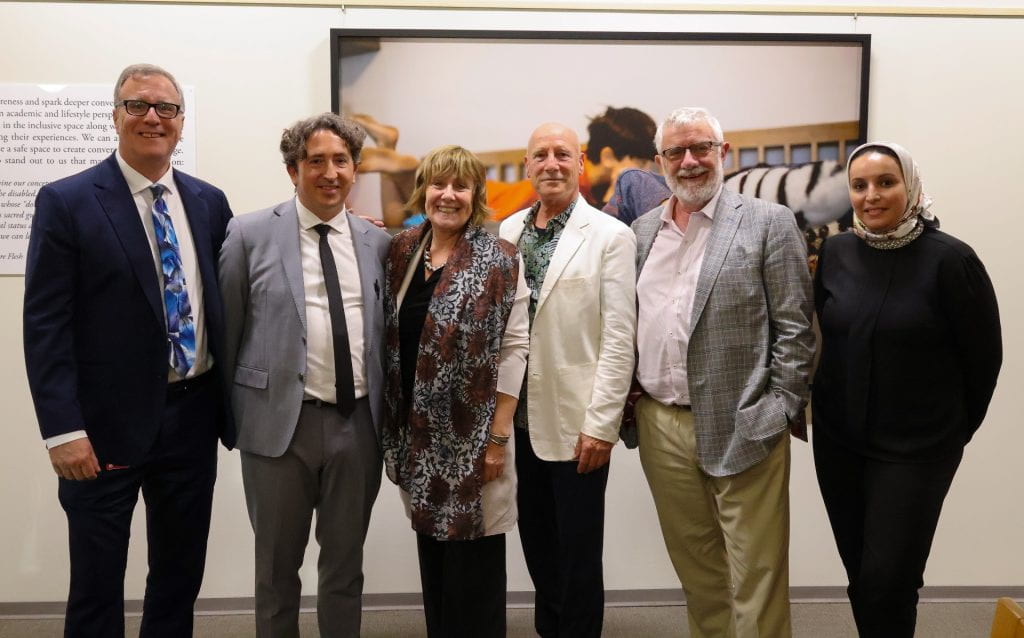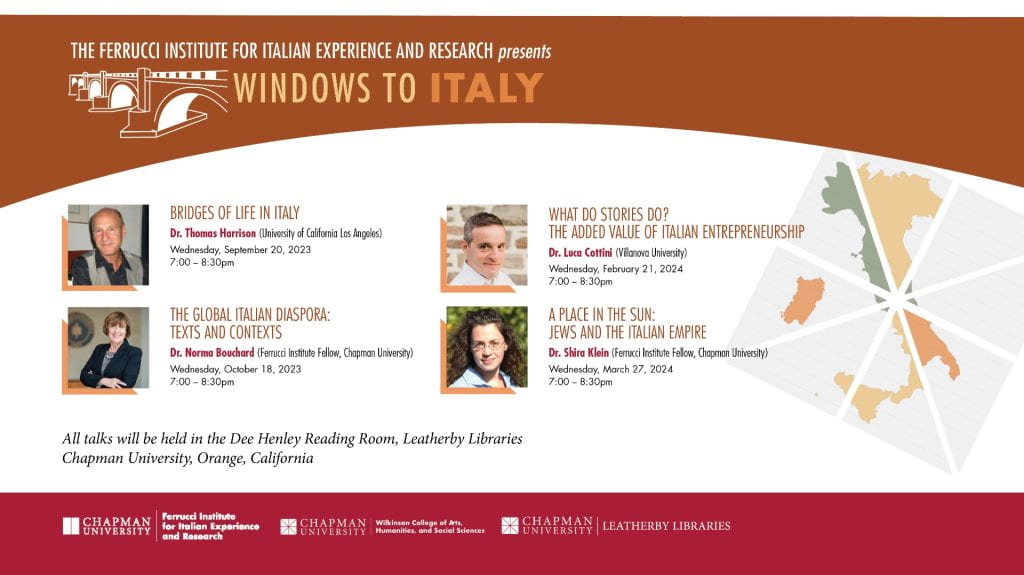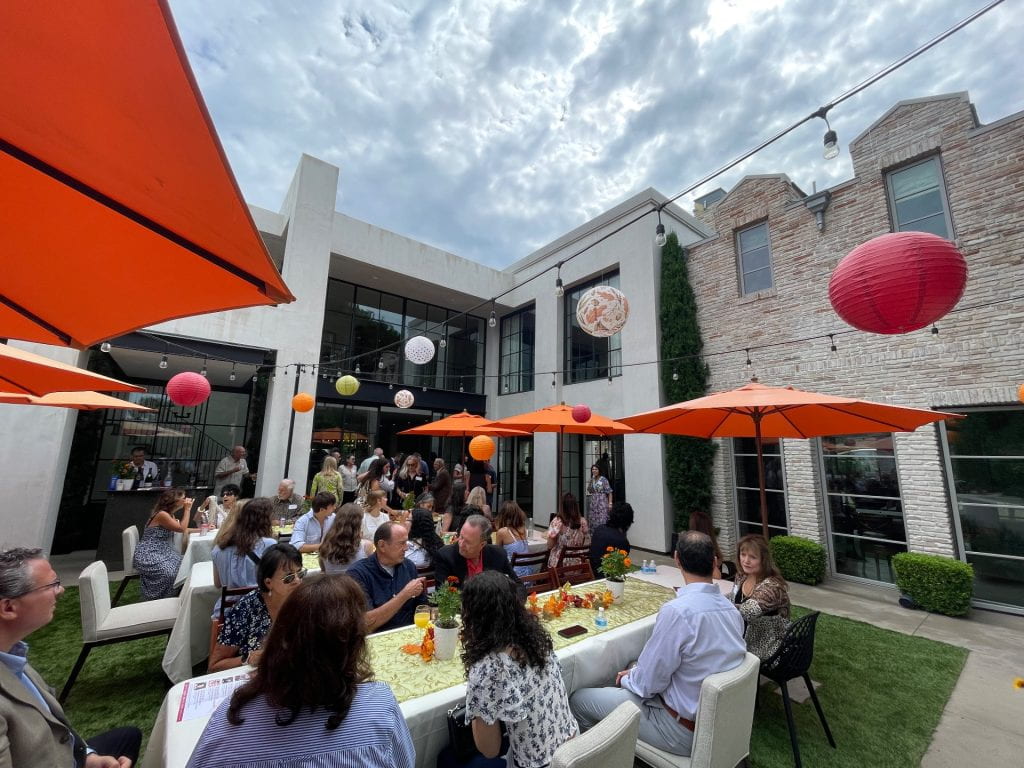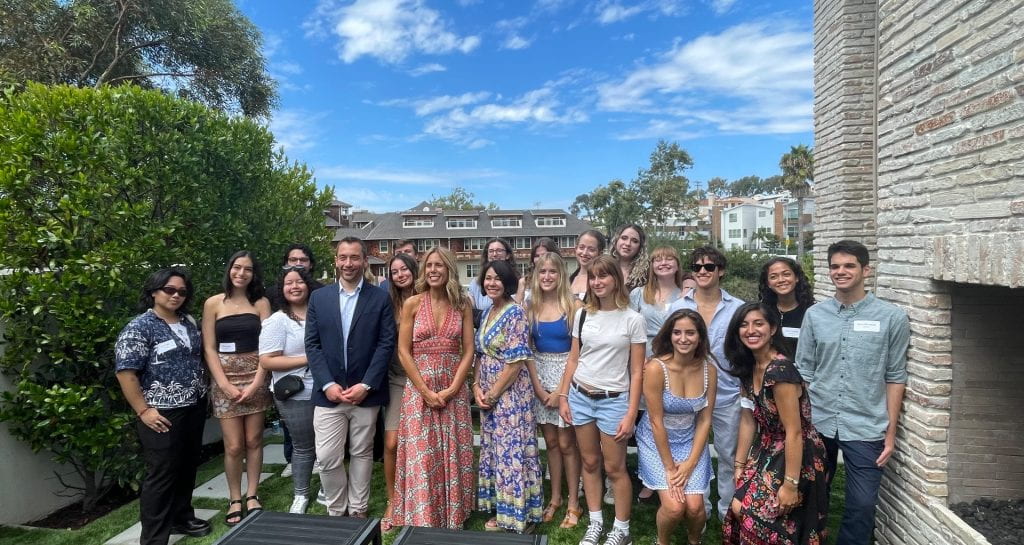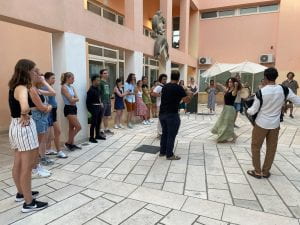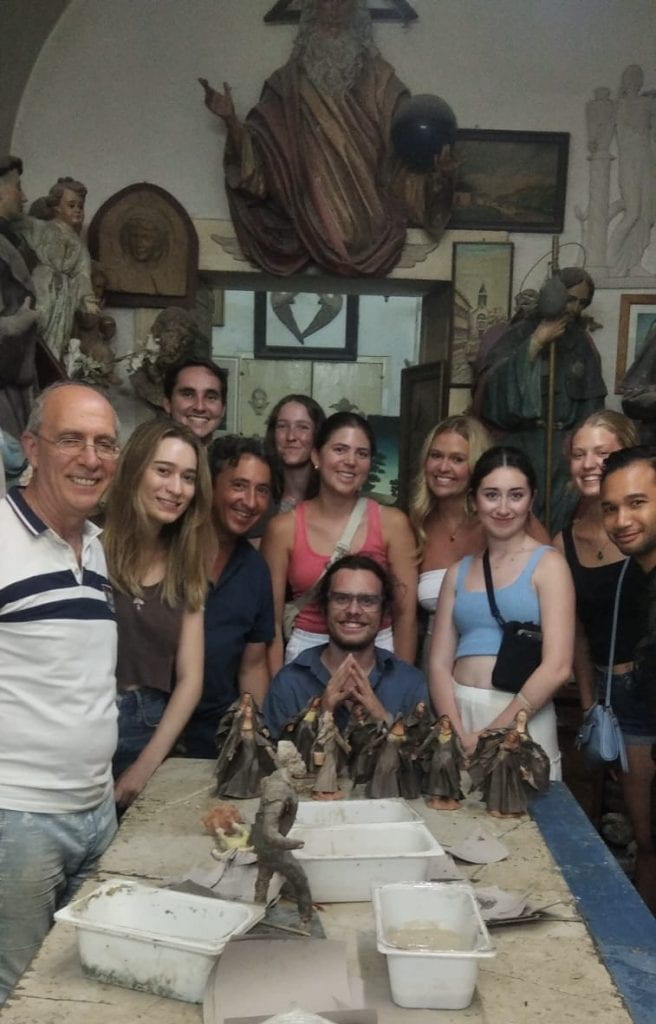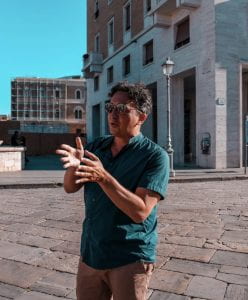The Italian Studies program at Chapman University is delighted to announce the creation of the Vicky and Michael Carabini Endowment. The fund will enhance the activities of the Ferrucci Institute for Italian Experience and Research and further promote the teaching and learning of Italian language and culture on campus.
For over a decade, the Carabinis have worked closely with Dr. Federico Pacchioni since he joined Chapman in 2012, and their effort has contributed significantly to making the program what it is today. Vicky Carabini was knighted Cavaliere dell’Ordine della Stella d’Italia in 2021 and, together with Michael, they supported countless events with generosity and enthusiasm. They have become a cornerstone of the growing community of students and faculty, inspiring many with the beautiful ways of Italian community building and cultural celebration.
Members of the Ferrucci Institute’s Leadership Board, a group comprised of philanthropic supporters who engage in strategic and network development for the Institute, express their gratitude.
John Razzano, the Board Chair, thanks the Carabini with the following words: “Thank you so much for your gift to support and advance the appreciation of Italian culture in our community. Your years of devoted dedication to promoting our joint heritage to the community are now even more enhanced by your generosity. It will stand as a beacon to future generations of your love for Italian culture and your devotion to keep that endeavor moving forward.”
Voicing his gratitude, Joseph Ferrucci, who also serves on the Ferrucci Institute’s Leadership Board, said, “Our heart is filled with thanks and gratitude for the many years of carrying forward a passion and emotion we all have for a beautiful linkage to our Italian heritage.”
Mike Silvio, another board member, describes the Carabini’s gift “as a testament to the rich Italian heritage that we all share and inspires all of us to endeavor to do everything we can to show the impact that Italians have had on our community and the world.”
And, in the words of board member Jill Gillett: “The dedication, creativity, and energy that you bring to The Institute and to all that you do to advance Italian culture is infectious and inspirational.”
Special gratefulness comes from Professor Mario Leone, who is also on the board: “My family and I are deeply grateful for and excited about your support of the Ferrucci Institute. We hope this will be just the beginning of a lifelong partnership to support the Italian Studies program, Chapman, and the Italian-American community.”








